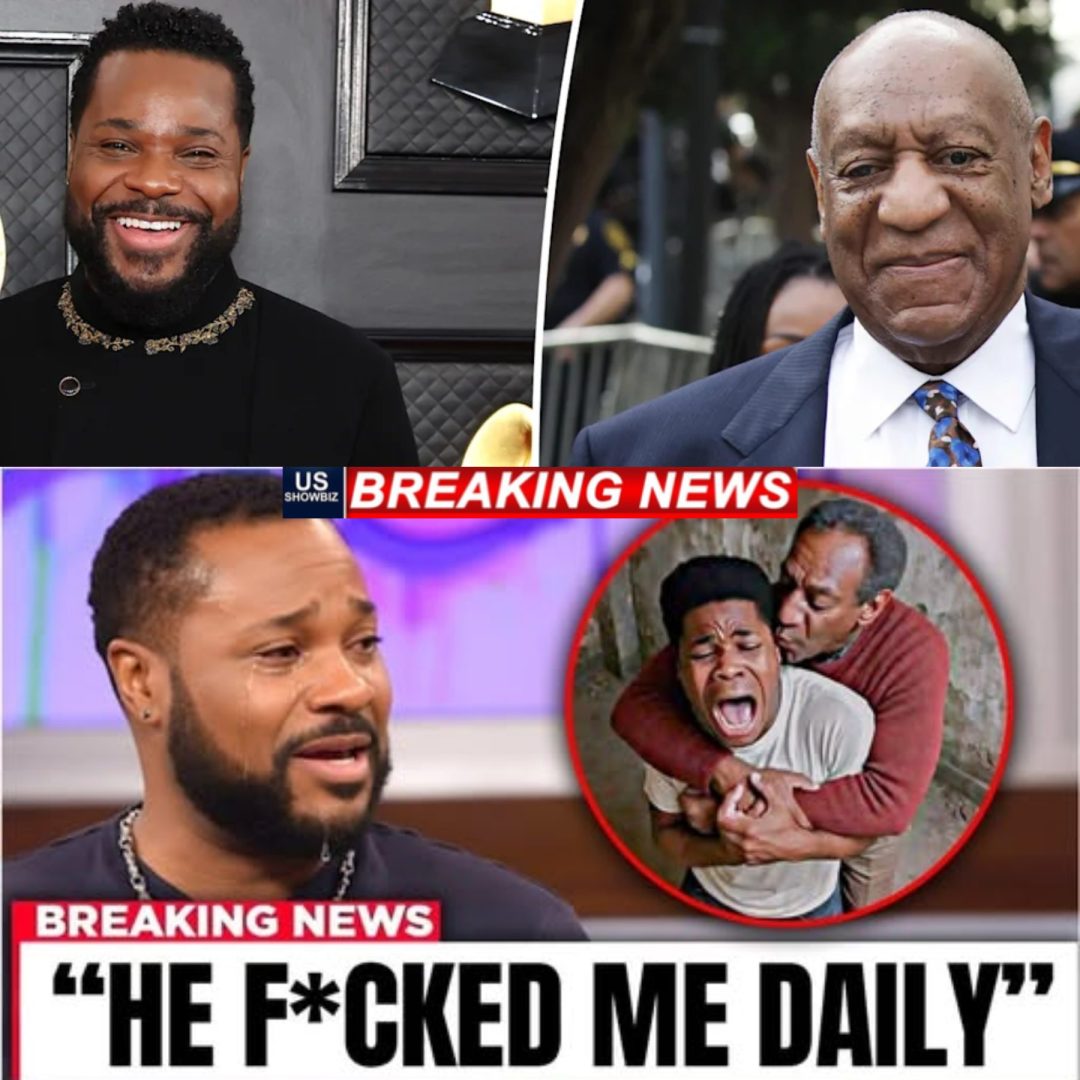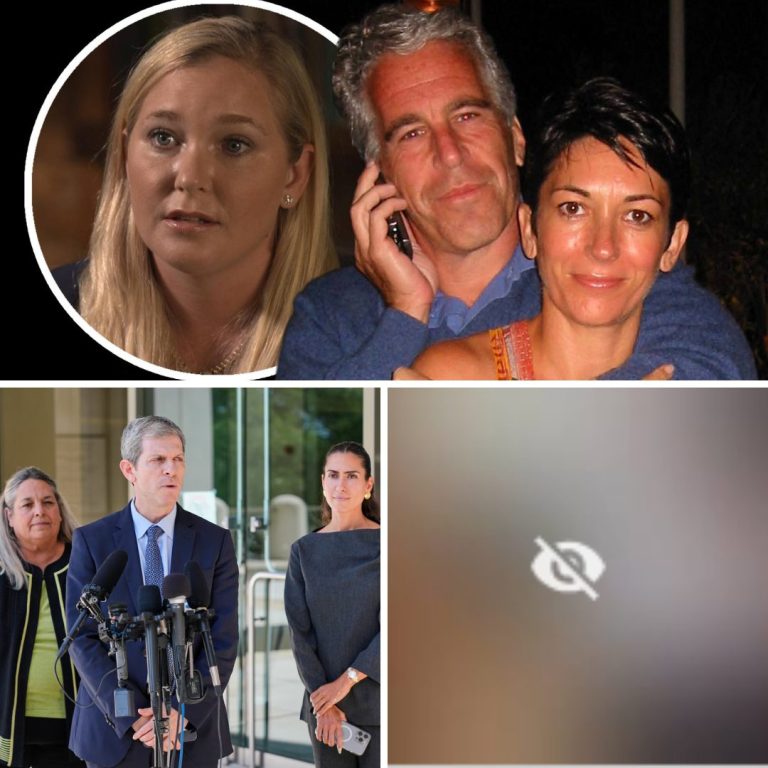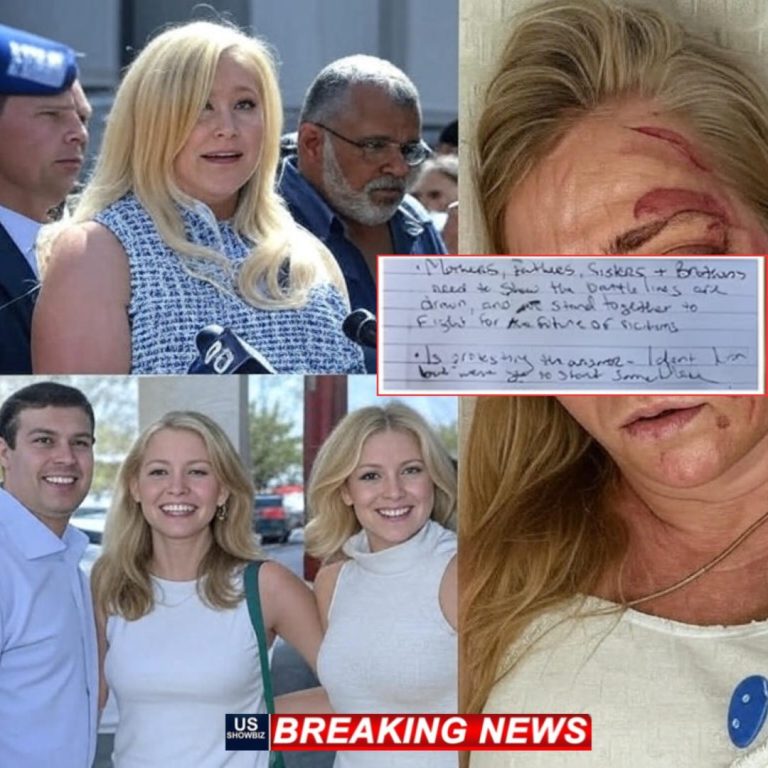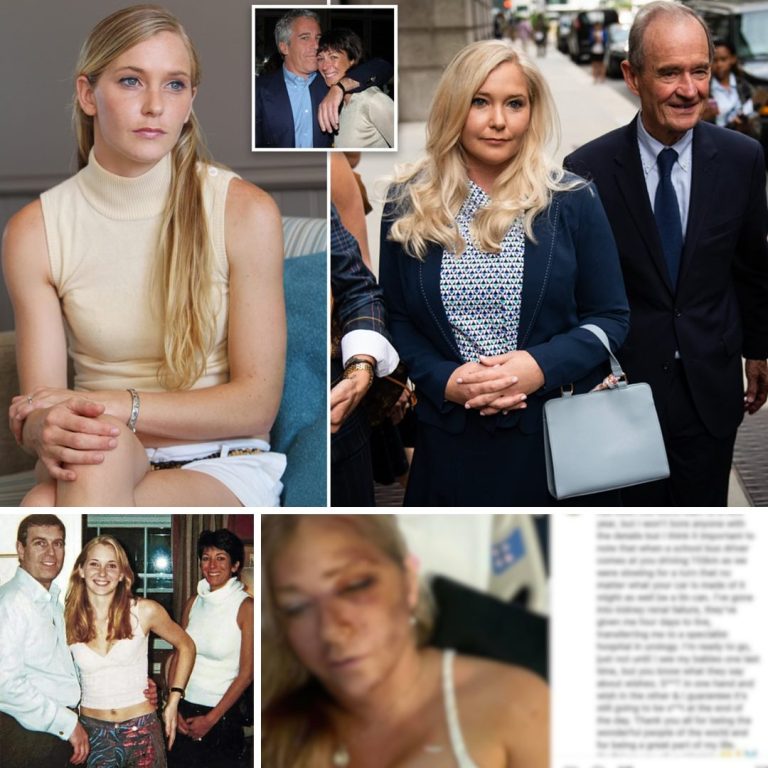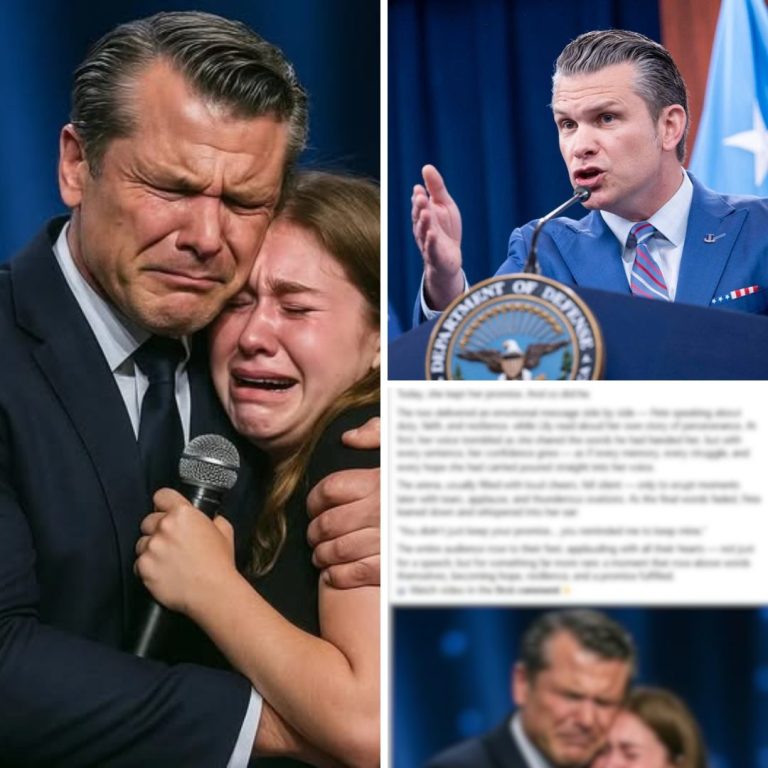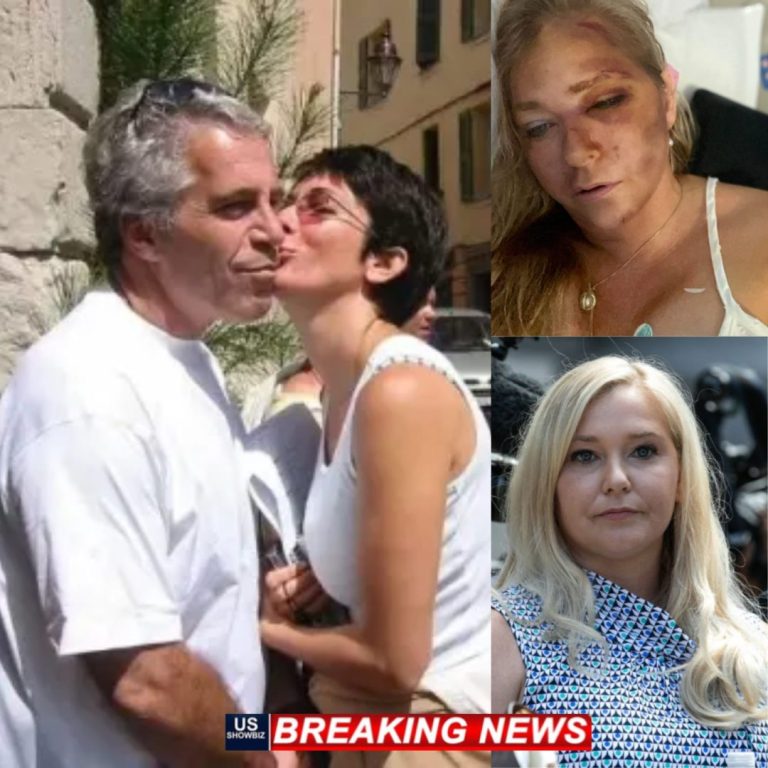😳📺 Malcolm-Jamal Broke Down in This Unseen Interview About Bill Cosby — What He Said Moments Before His Death Will Haunt You Forever ☠️🧠
Malcolm-Jamal Warner, forever remembered as the affable, intelligent Theo Huxtable, spent much of his life entangled in the complicated legacy of Bill Cosby.
In public, he expressed measured words — gratitude for the career that launched him, deference to the man who mentored him.
But behind the scenes, and especially in the final months of his life, those who knew Warner say he was burdened by truths he had held back for decades.
Truths that were heavy, unspeakable, and — most of all — dangerous to share.
The unreleased interview, recorded just weeks before his sudden passing, has finally emerged — and it is not what fans or industry insiders expected.
Sitting in a dimly lit studio, Malcolm’s expression was tense, his eyes flickering with both resolve and fear.
He seemed like a man who had made peace with the fact that what he was about to say could cost him something — reputation, relationships, maybe even peace of mind.
“It’s time,” he said softly at the beginning of the interview, almost to himself.
“I can’t keep this in anymore.
The interviewer’s voice is barely audible, giving Malcolm the space to speak uninterrupted.
And speak he does — with precision, emotion, and the kind of clarity that comes only when someone knows the end is near.
He begins with memories from the set of The Cosby Show, scenes the audience never saw: closed-door meetings, sudden outbursts, manipulative silence.
He paints a picture not of a charming TV dad, but of a man whose off-screen behavior was “calculated… cold… and something else entirely.
”
Warner didn’t accuse Cosby of anything illegal in this interview — those allegations had already filled headlines for years — but he did speak of a darkness that loomed behind the scenes.
He recalled how Cosby had a “system” for who he trusted, who he isolated, and who he groomed for loyalty.
“He was never careless,” Warner noted.
“Everything was performed — even his kindness had a script.
”
What shocked many was the emotional toll the interview revealed.
Warner’s voice cracked when he spoke about his confusion as a young actor — how he was warned, even by crew members, to “never be alone” after certain hours.
“I didn’t know what they meant at the time,” he said.
“I thought they were just being overprotective.
But years later… I understood.
It wasn’t until Warner became an adult, long after the show had ended, that he began to reevaluate everything.
The phone calls from Cosby that had once felt fatherly began to seem invasive.
The mentorship, once cherished, began to feel transactional.
And worst of all, the moments he had brushed off — the sudden mood swings, the silences, the coded language — came back with disturbing clarity in light of the public accusations.
“I never saw anything directly,” he admitted, “but I felt the chill.
I felt the way the air changed when certain people entered the room.
I felt the fear.And I hate myself for not asking questions.
For fans who idolized the on-screen relationship between Theo and Dr.
Huxtable, the interview is like tearing through the wallpaper of a dream to reveal a hidden wall of rot underneath.
Warner, who had always maintained a neutral public stance about Cosby’s legal battles, finally let the weight of it all collapse.

He spoke of guilt, of silence, of complicity through inaction.
He said he had spent years trying to reconcile the man who changed his life with the monster the world was now seeing in headlines.
But in the end, he concluded that the two were never separate.
“They were the same person,” he said quietly.
“Just shown in different lights.
The silence after that statement is deafening.
The interview ends not with closure but with a question — one that Warner seemed to pose to himself as much as the world.
“What do we do when the man who gave us so much also took so much away — from so many people?”
That question still hangs in the air like smoke, refusing to dissipate.
And now, with Warner gone, it has taken on an eerie, prophetic tone.
Was he afraid? Did he sense this confession would trigger backlash? Why didn’t he release it himself? There are whispers that Warner had received quiet pressure from industry insiders to stay quiet — to protect the legacy, to “remember who helped build your career.
But maybe the cost of silence had become too high.
Maybe, at the end of his life, Warner knew that truth is its own kind of redemption.
Public reaction to the resurfaced interview has been swift, polarized, and raw.
Some fans have rushed to defend Cosby, accusing Warner’s estate of exploiting his death.
Others have expressed heartbreak, saying they always sensed something unspoken in Malcolm’s interviews over the years — a hesitation, a sadness behind the smile.
Media insiders have called the interview a “nuclear moment” in the unraveling of Cosby’s legacy, not because of new legal details, but because it comes from someone so close, so deeply embedded in the heart of the myth.
“This isn’t a random accuser or a tabloid source,” one entertainment journalist noted.
“This is Theo Huxtable.This is family.
And maybe that’s what makes it so unbearable to hear.
In an industry built on illusion, where fame often shields the darkest truths, Malcolm-Jamal Warner’s final interview is a rupture — a wound that bleeds long after the camera cuts.
It’s not just about Cosby.
It’s about what we allow ourselves to believe.
What we’re willing to ignore.
And who pays the price for our silence.
As the interview continues to spread online — clips going viral, excerpts dissected by commentators — one quote above all has become the most haunting:
“He was never the man you thought he was.
Not to us.Not to me.
And with that single line, the story of America’s most beloved sitcom family will never be the same again.
